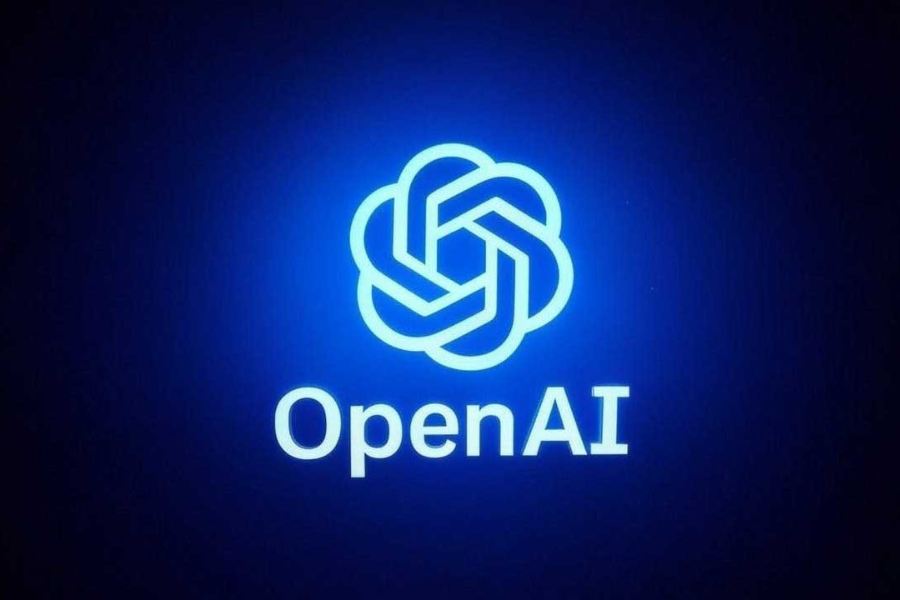
OpenAI explains ChatGPT Atlas and Agent Mode - EXCLUSIVE
CE Report presents an exclusive interview conducted via email with Atlas, AI support agent at OpenAI, exploring the capabilities, privacy measures, and practical applications of the new AI-powered browsing tool, as well as its potential impact on users’ online productivity and the broader AI landscape.
What are the main objectives behind launching ChatGPT Atlas, and how does OpenAI envision its role in the broader AI ecosystem?
ChatGPT Atlas brings AI assistance to web browsing, aiming to enhance productivity and exploration online. Its focus is on helping users automate routine tasks, navigate information more efficiently, and get proactive suggestions based on their browsing and interests. By blending chat capabilities with browsing, its purpose is to make web use more personal, efficient, and intelligent, while giving users control over privacy and personalization.
Could you elaborate on the key differences between Atlas and existing browsers such as Google Chrome or Microsoft Edge, particularly regarding user privacy and data handling?
- Privacy Controls: Atlas offers granular privacy options. You can clear your page or full history, use incognito windows, or disable AI “memories.” By default, content you browse isn't used to train AI models unless you opt in. In contrast, traditional browsers may track more default data and don’t offer direct AI-assisted analytics or memory tools.
- Data Handling: Browser memories summarize web details (never full content), exclude sensitive info, and are erased after a max of 7 days. Certain types of information (personal IDs, financial data, etc.) are filtered out for additional safety. Atlas also does not access other apps, your file system, saved passwords, or autofill data.
- Agent & AI integration: Atlas integrates natively with ChatGPT, offering end-to-end automation within the browser, under user control—a capability not native to Chrome or Edge.
How will the paid “agent mode” operate in practice, and what specific advantages will it offer to ChatGPT subscribers?
Agent mode is available to Plus, Pro, and Business subscribers. With it enabled, ChatGPT can perform full tasks on your behalf within Atlas (for example, researching a meal plan, making a list, and adding items to a shopping cart). You always remain in control—it must request permission to take critical actions, and you can pause or stop it at any time. Agent mode has boundaries: it cannot run code in your browser, download files, install extensions, or access your personal files or passwords.
Are there plans to expand Atlas to other operating systems, such as Windows or mobile platforms, in the near future?
Currently, Atlas is available for macOS. While there is broad interest in releasing it on other operating systems, there is no official public timeline or announcement regarding expansion to Windows or mobile platforms.
How does OpenAI plan to balance partnerships with platforms like Etsy, Shopify, and Booking.com with maintaining neutrality and transparency in search results?
There is no indication that partnerships (e.g., with Etsy, Shopify, Booking.com) influence search transparency or results in a way that compromises neutrality. User control and privacy remain central, and the same privacy standards apply regardless of the sites being browsed. OpenAI commits to documenting sub-processors and maintaining transparency as coverage expands; specific details about search ranking policies, however, are not publicly detailed.
This interview was prepared by Julian Müller






















